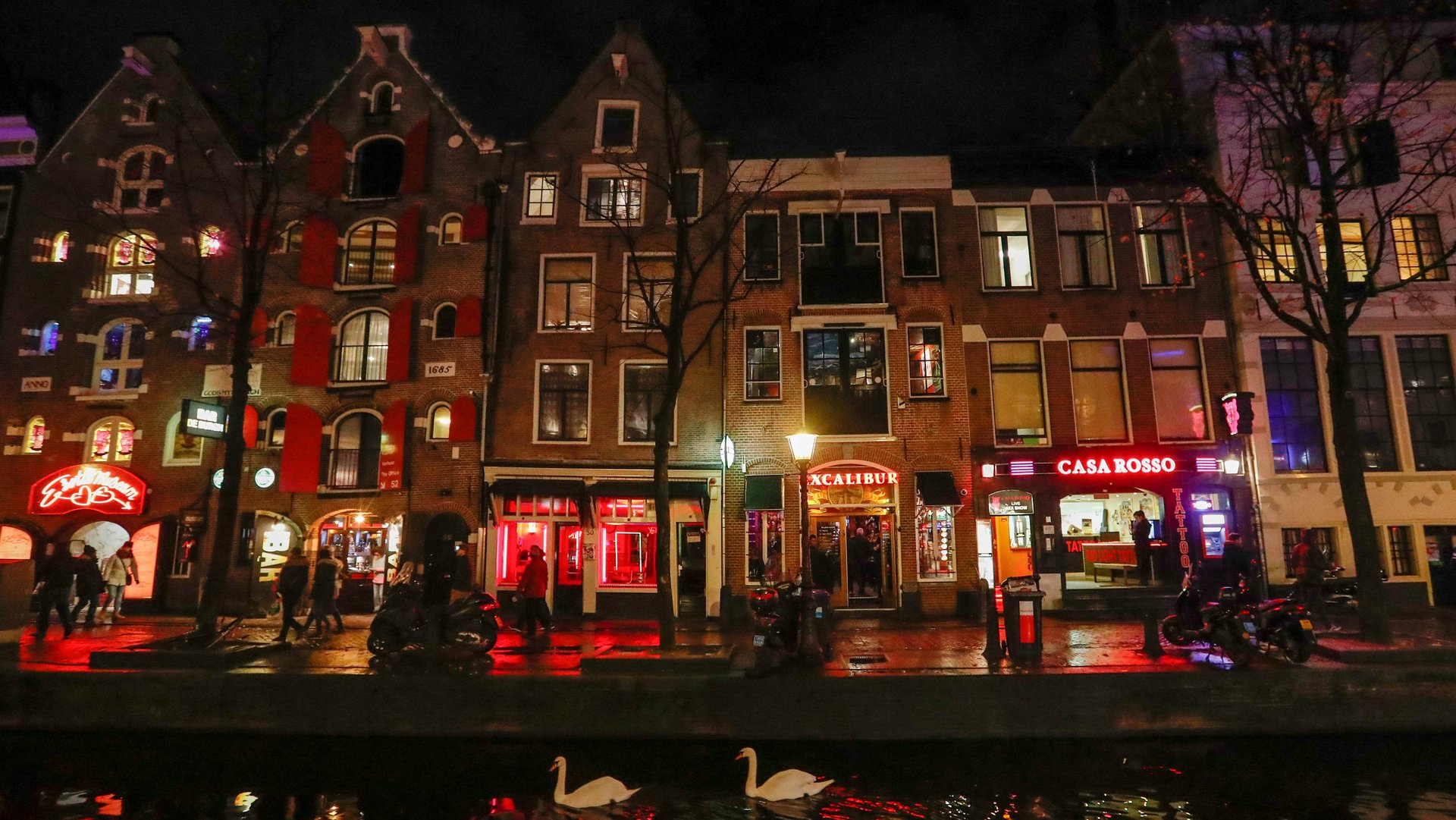Thousands of Amsterdam Airbnb hosts face huge fines if they don’t speak up
This story has been updated.


This story has been updated.
Officials in Amsterdam have a New Year’s resolution they appear keen to stick to: Cracking down on the estimated 6,000 Airbnb rentals in the city that are allegedly violating local rules.
Two separate sets of data based on data “scrapes”—an automated retrieval of website data—of Airbnb’s active listings were collected by Amsterdam data analyst Nico Van Gog and “Inside Airbnb” data activist Murray Cox. Their findings were reported in the Dutch daily newspaper Trouw, with both showing that more than 6,000 of the popular tourist city’s 18,500 listings either exceeded the city’s 60 days per year occupancy limit, or violated other local rules such as renting to more than four tourists.
While it should be noted that Cox’s “Inside Airbnb” data collection project—which spans multiple cities and has garnered significant press coverage—has an activist and anti-sharing economy slant, Van Gog’s other analyses have reportedly been used by local officials previously. Both sets of data used different collection techniques—including, in Van Gog’s case, some physical inspections—and were said to corroborate each other.
Local official Laurens Ivens was quoted in Trouw on his intent to crack down on the rogue listings using a relatively new tool. Since October 1, Airbnb hosts in Amsterdam have been required to report each day their home is rented out to a guest. Come January, the city plans to begin enforcing the rule with aplomb, using a slew of tactics including digital investigation teams, mystery guests, and mechanisms for Amsterdam residents to report on their neighbors. Violators can be fined a steep fee of €6,000 ($7,157) for failing to report on them.
According to numbers provided to Trouw by Ivens, only 2,500 rentals have been reported since the duty to report ordinance came into effect. This means that Airbnb hosts could have a nasty new years’ shock coming their way: come clean, or pay up.
Update: In response to this story and a request for comment from Quartz, Airbnb noted in an email that public data scrapes do not provide an accurate picture of their listings. A rep provided the following comment:
“This data is wrong and uses flawed methodology. While other companies do nothing, Airbnb automatically limits how often hosts can share their entire homes and has reduced the number of entire home listings shared more than 60 nights by almost three quarters in one year. And while other forms of accommodation concentrate guests in tourist hotspots and take vast sums of money out of the places they do business, Airbnb spreads guests and tourism euros to local families and their communities. We regularly release official data on the benefits of home sharing for families in Amsterdam – verified by an independent third party – and the typical listing is shared for less than 3 days per month.”